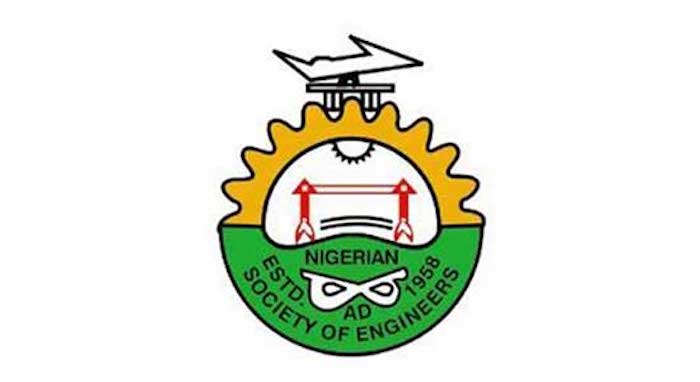For many low-income Nigerians living in informal settlements across Lagos, access to formal banking remains limited. But one financial expert is working to close the gap through community-based education, cooperative development, and credit access programmes targeted at those typically left out of the system.
Mercy Okoro, a financial literacy advocate with more than 20 years of banking experience, is leading the Financial Literacy Advancement Project (FLAP), an initiative designed to equip market women, artisans, and small business owners with the knowledge and tools needed to participate meaningfully in Nigeria’s financial system.
FLAP has so far trained over 300 individuals in areas like Ajegunle, Alimosho, and Ikorodu, offering sessions on digital banking awareness, savings mobilisation, and credit management. At least 12 informal savings groups have been supported in transitioning into formally registered cooperatives, while more than N28 million in small business loans have been facilitated through community partnerships.
“Many people in these communities have the drive, but not the knowledge or access. We’re simply helping them understand how to save better, avoid fraud, and take informed steps when dealing with financial institutions,” Okoro said.
Drawing from her experience at Zenith Bank Plc—where she managed SME portfolios and helped reduce loan defaults—Okoro says her approach is based on simplifying banking processes and making them more responsive to local realities.
“In the formal sector, we often talk over people’s heads. What we’ve done is strip financial education back to its basics—how to save, how to access loans responsibly, and how to build trust with the banking system,” she said.
Her work has gained attention from local leaders, who credit the project with reducing dependence on informal moneylenders.
“She has helped us reduce our dependence on those who exploit our people. We now have information and better access to proper banking,” a community leader in Alimosho, Chief Folake Adebayo, said.
Beyond Lagos, aspects of the FLAP model are being considered by diaspora community organisations seeking to adapt similar financial education efforts abroad.
“Mrs Okoro’s model addresses access gaps that are common not just in Nigeria, but in other underserved communities. It shows what’s possible when the right kind of financial education is made available at the grassroots,” Chairperson of the Ajeromi-Ifelodun Community Development Association, Otunba Adeleke, said.
Okoro is currently pursuing opportunities to expand her initiative nationally and internationally. As part of her broader vision, she has submitted a petition for the EB2-NIW visa, aimed at taking her work into other jurisdictions where financial literacy is urgently needed.
“My long-term goal is to make financial knowledge accessible to the people who need it most. If we can bridge the knowledge gap, we can change people’s financial futures, one community at a time,” she stated.






